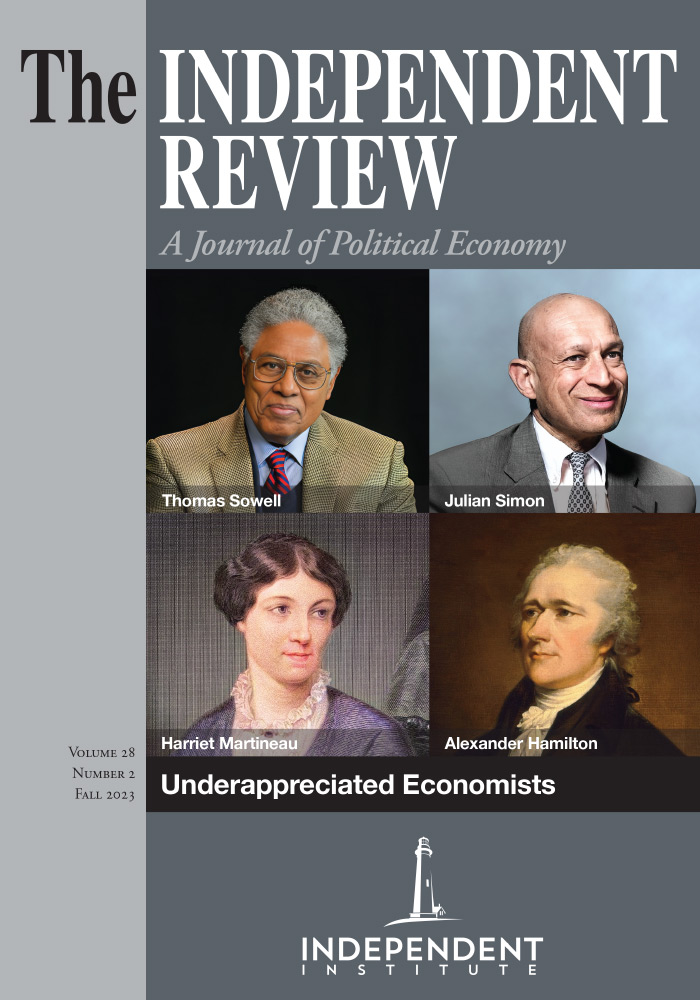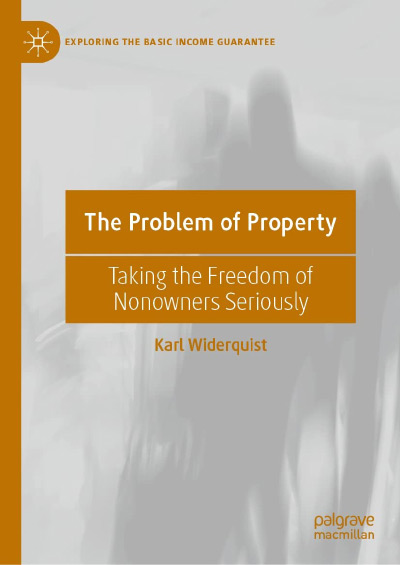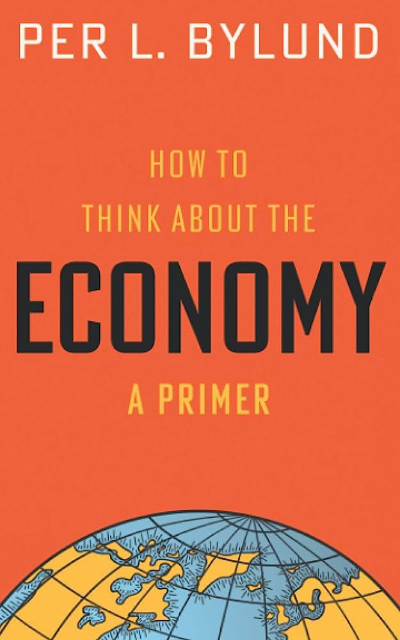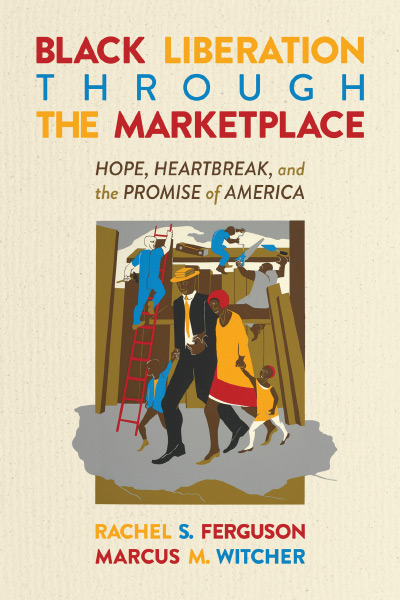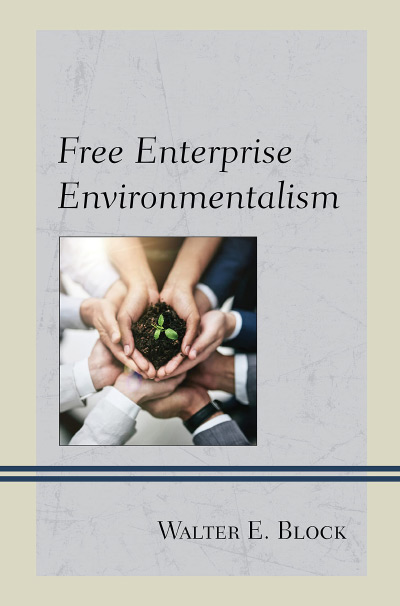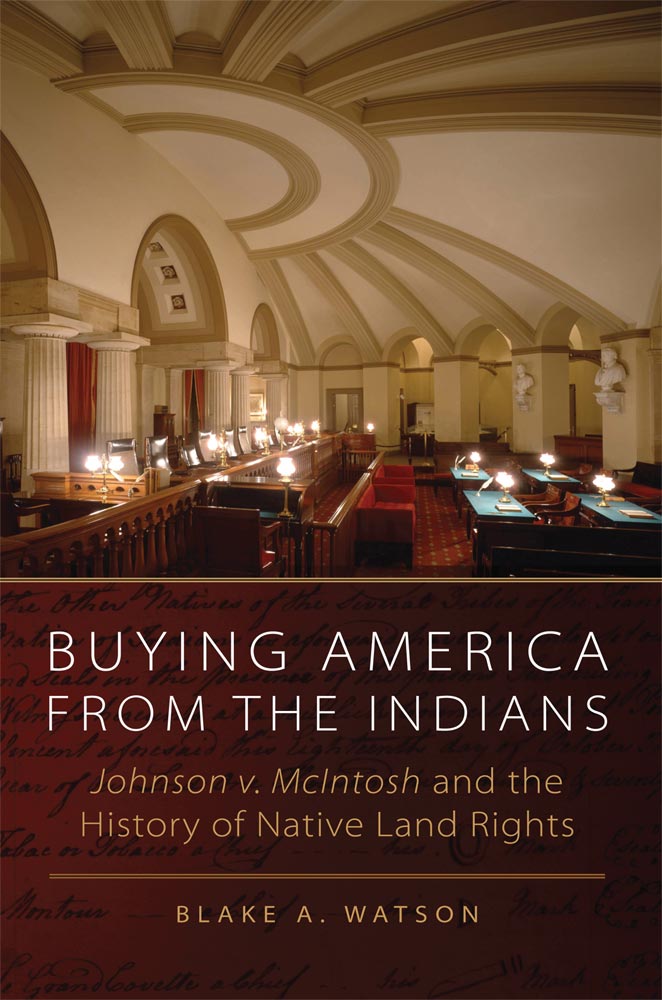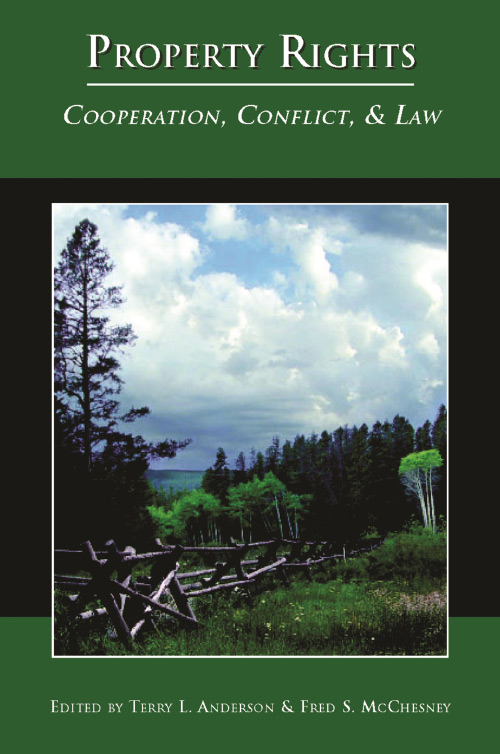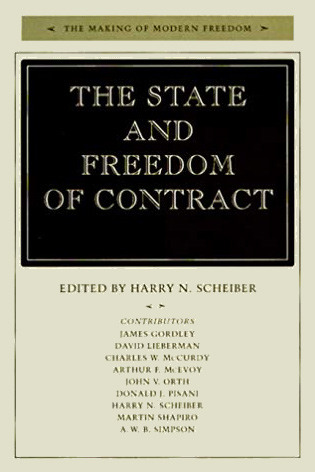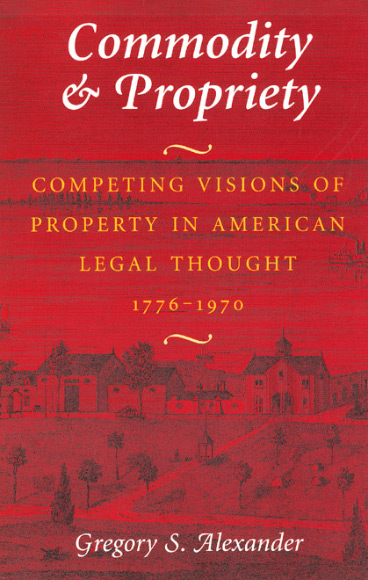Karl Widerquist is one of the world’s leading theorists and proponents of Universal Basic Income (UBI). His argument for UBI, however, is only one important cornerstone of his broader theory of justice and freedom. This theory entails a critical reassessment of the justification and proper scope of property rights. This is the task of The Problem of Property, a nifty little book which originates in previously unpublished parts of his doctoral thesis—the same thesis that formed the foundation of his Independence, Propertylessness, and Basic Income: Freedom as the Power to Say No (2013, New York: Palgrave MacMillan). The current book is thus a welcome companion piece to that magnum opus. At the same time, The Problem of Property, thanks to its brevity and clarity, is a decent standalone introduction to Widerquist’s philosophy. While some fans of his previous works might be disappointed that UBI takes an unexpected backseat, the book’s narrow critical focus on the normative justifications of property rights makes it a goldmine for political philosophers. Even Lockean right-libertarians, his ostensible main targets, should find its freedom-based arguments familiar and easy to grasp, even if they may be puzzled by some of the radical conclusions that he draws from them.
The telling subtitle of the book is “Taking the Freedom of Nonowners Seriously.” It advances a new theory of justice that draws on a long line of freedom-based philosophical critiques of Lockean property rights, including those of Thomas Paine, G.A. Cohen, Michael Otsuka, Jeremy Waldron, and Philippe Van Parijs. Widerquist calls this theory of freedom “Indepentarianism” because it emphasizes the importance of securing every person sufficient independence from the authority and domination of other people. Securing independence for all entails compensating all those people who suffer under prevailing institutions. Failing to do so would place some people, such as the “propertyless” (and other “dissenters”) under the illegitimate domination of other people, namely, property owners who “invented the right of appropriation to justify the dominance they had usurped for themselves” (p. 84). His theory is aspirationally inclusive in the sense that it attempts to accommodate the legitimate freedom claims of everyone: “Ideally, we would all live together in accord—under rules that we all literally agree on” (p. 3). This motivates paying special attention to marginalized categories, including resource-poor people who (by definition) lack independent access to external resources. Having guaranteed access to basic resources, according to the theory, secures poor people’s freedom in the form of “effective control self-ownership” (ECSO), which is defined as “the effective power to accept or refuse active cooperation with other willing people” (p. 4). As a result, the system of private property, if it can be justified at all, requires compensation to the propertyless in a way that secures their ability to “refuse cooperation” with property owners.
Although Widerquist takes pains to distance himself from the “left-libertarianism” of Henry George, Peter Vallentyne, and Hillel Steiner, his theory is in the vicinityof left-libertarianism since “it assumes that resources are equally unowned by everyone and that society is committed to maximal equal freedom” (p. 113). His theory carries flavors of anarchism, left-libertarianism, contractarianism, and republicanism. He rejects most such labels (either explicitly or implicitly) although he acknowledges that his theory is not born ex nihilo. Even where the book treads familiar grounds, it adds new twists to the literature. One of the educational highlights of the book is the five-page analytical breakdown of Lockean theories of property (pp. 33–38). This should be pedagogically helpful for scholars and students who are struggling to grasp the vast, confusing family tree of Lockean scholarship. Another highlight, and perhaps the most innovative part, is the final chapter, “The Approximation of a Property-Rights Accord,” which works as a standalone précis of his broader theory of justice.
Widerquist compellingly argues that, even if the private property is justified for some societies and some purposes, many people (and not just libertarians) are too quick to jump to the conclusion that this must necessarily include all the full ownership rights that paradigmatically belong to the market order. The sorts of property rights that people come to agree on, or pragmatically coordinate around, are context-dependent and subject to change over time. There is room for pluralism, diversity, and adaptation to local circumstances: “Too often, property rights advocates treat full ownership as if it is a fact of nature . . ., but no such assumption can go unquestioned in a search for the greatest equal freedom for all people” (p. 13). This descriptive conclusion agrees with the governance framework of Elinor Ostrom (1990, Governing the Commons: The Evolution of Institutions for Collective Action, Cambridge: Cambridge University Press) that has highlighted the institutional diversity of real-world governance arrangements beyond the “public-private” dichotomy.
As much as I appreciate his emphasis on institutional diversity, Widerquist’s emphasis on the artificiality of property rights ignores the basic (Humean) consequentialist point that even if property rights are artificial, conventional, and subject to variation, they may not be arbitrary as long as there are certain invariant circumstances, and certain persistent social dilemmas, that give birth to convergent arrangements that generate long-term institutional stability. Perhaps the market society, with its extensive private property rights regime, requires a high degree of stability in transferable possessions in order to function efficiently. If this is so, Honoré’s eleven bundled “incidents of property” (p. 11), which characterize “the liberal concept of full individual ownership,” seem neither arbitrary nor (merely)the result of class interest. They may rather be what is required to generate prosperity under modern conditions. No doubt, there is always an element of domination and self-interest involved in any legal and political settlement. Nonetheless, it seems too cynical to accept the claim that “Locke and right-libertarians invented appropriation theory to rationalize” the power structures that favored them (p. 38). If private property rights result in major improvements in standards of living, people who benefit from them should be able to come to agree upon the private property rights system as the appropriate base line for building a fair and progressive society. This still leaves the class of outsiders and dissenters, of course, but their number might be quite low and manageable—at least after sufficient (Kaldor-Hicks) compensatory payments to the poor.
The promise of the “property rights accord” (p. 87) approach is that it avoids the need to resort to hypothetical thought experiments, contestable interpersonal calculations, or the steamrolling of minorities that have plagued contractarian theories of the past. However, this more stringent criterion raises its own set of problems. Achieving full unanimity in the real world is practically impossible. As such, the escape from contractarianism results in another idealization, hypothetical contract, or reflective equilibrium. And there is nothing wrong with that. Absent full agreement, as a second-best option, contractarian “dissenters” might have to be somehow compensated for the institutional shackles imposed on them. But how, exactly? And who gets to decide? A redistributive scheme on the lines of UBI might, indeed,be a move in the right direction but it seems unlikely that it will be acceptable to all the parties. What is to be done to the remaining dissenters? This is a problem as long as the presence of even one dissenter threatens the validity of the social contract. What seems clear is that the pursuit of accord is likely to fall short of unanimity and the resulting “social contract” (if we can call it that) will likely benefit some parties at the expense of others. This is the crystalline insight that Widerquist’s theory contains. In the best-case scenario, the total number of dissenters falls gradually over time, together with the frequency and severity of observed freedom violations. Fully eliminating the dissenter objection might be like trying to squeeze air out of a plastic balloon: getting rid of the problem from one side might merely shift the locus of dissent elsewhere, to another disaffected and downtrodden soul. Caring for the losers of our social system is a noble political goal. However, granting all holdouts and outliers full “veto” powers (which is what the Indepentarian position ideally demands) is undoubtedly a non-starter for a cohesive social order. So, does Widerquist escape the liberal fire, only to fall into the Indepentarian frying pan?
Allen Ginsberg once wrote: “I saw the best minds of my generation destroyed by madness.” Next to drugs, jazz, and poetry, a sure pathway towards madness lies in the pursuit of a property rights system that satisfies all the parties. Anybody with experience with working with large groups knows how difficult it is to achieve unanimity. This is true even with something banal like ordering pizza, let alone with something more important like ordering justice. Some people will always feel left out. At some point, the pizza (or justice) must be ordered, although some people feel slighted. Widerquist is fully aware of this problem. He successfully avoids the Indepentarian frying pan by suggesting that moving in the direction of maximal inclusiveness—what he calls “the pursuit of accord”—is the proper task that all property arrangements (and indeed all social systems) must approximate. Although this formulation still suffers from non-trivial epistemic problems, it is a solid basis for political theorizing. For one, it resonates nicely with the Kantian idea that our moral theories must be “universalizable.” It also conforms to the contractarian idea that our social rules must be, as much as possible, literally agreed upon by everyone—or, if that fails, agreeable to them.
Despite my criticisms, the book comes highly recommended for philosophers of freedom and property. Widerquist has not only managed to offer one of the most cogent critiques of Lockean appropriation theory but also a plausible alternative to it. The idea of justice as the “pursuit of accord” suggests the importance of process, negotiation, and deliberation, all of which takes time, effort, and energy. This resonates well with the recent shift towards “non-ideal theory” in political philosophy. In the future, Widerquist’s work deserves to be put in conversation with recent “public reason” liberals like Jerry Gaus (2021, The Open Society and Its Complexities, Oxford: Oxford University Press) who have theorized about dynamic justice in a diverse, complex, changing society. Widerquist’s appeal to think about justice as an arduous pursuit rather than the maintenance of an equilibrium point also resonates with Martin Luther King’s famous statement that “the arc of the moral universe is long, but it bends toward justice.” One should hope so. Securing justice in a way that commits injustice on no one may be a distant dream, but it is one worth pursuing.
| Other Independent Review articles by Otto Lehto | |
| Summer 2021 | Taxation in Utopia: Required Sacrifice and the General Welfare |

